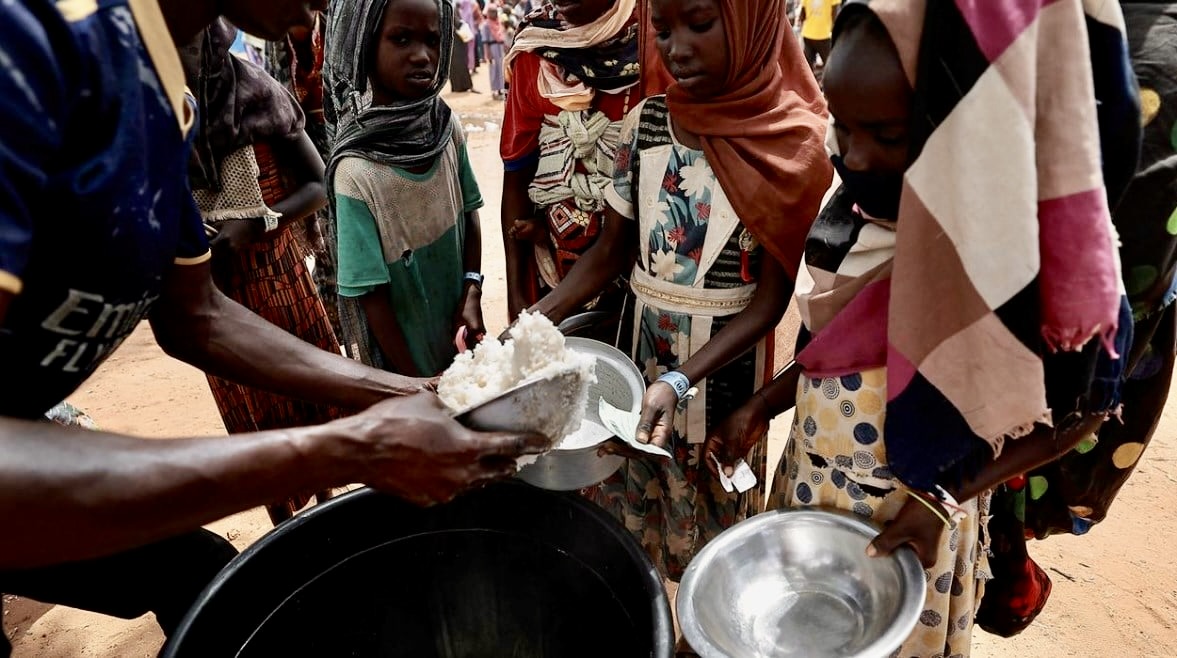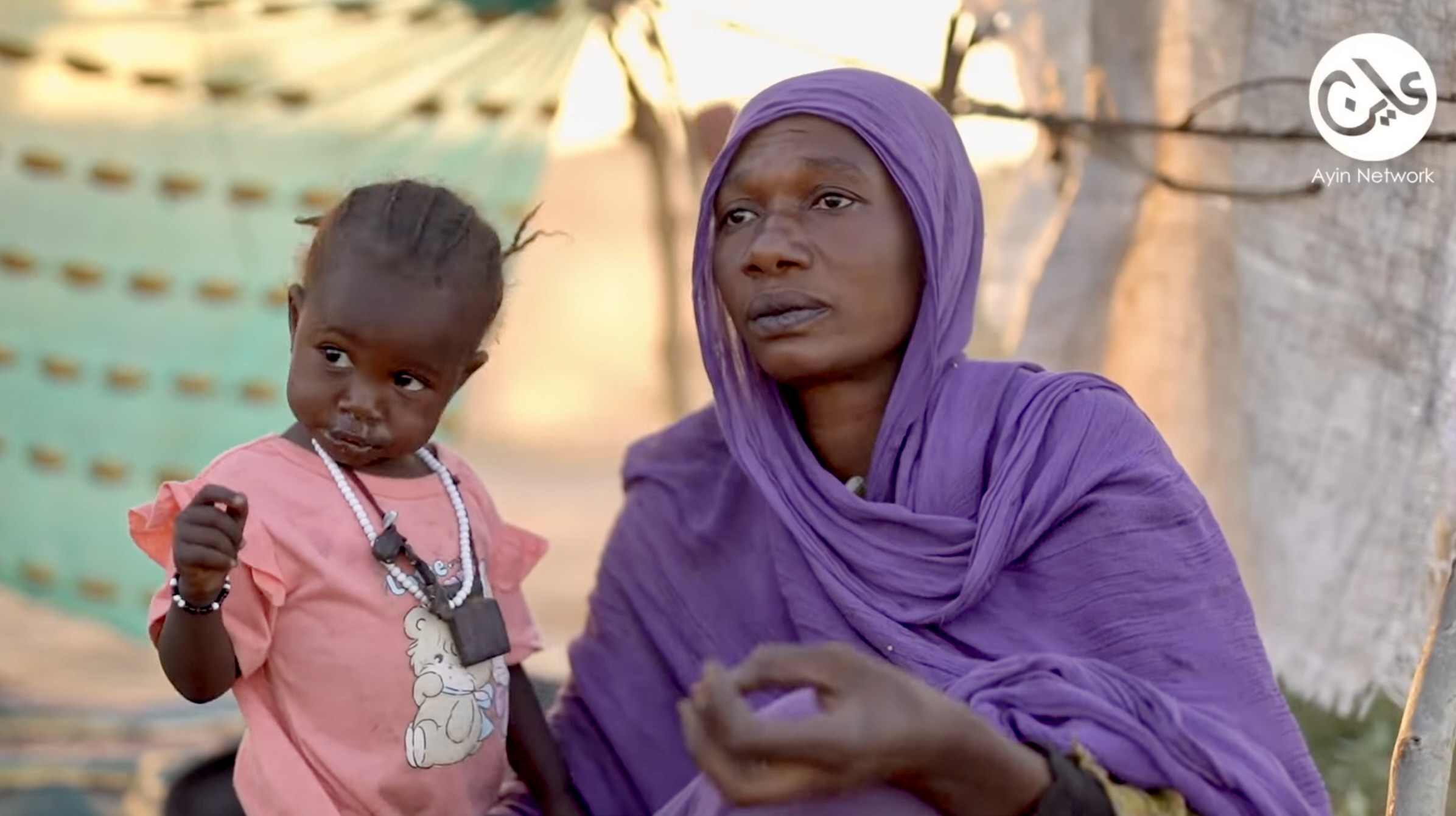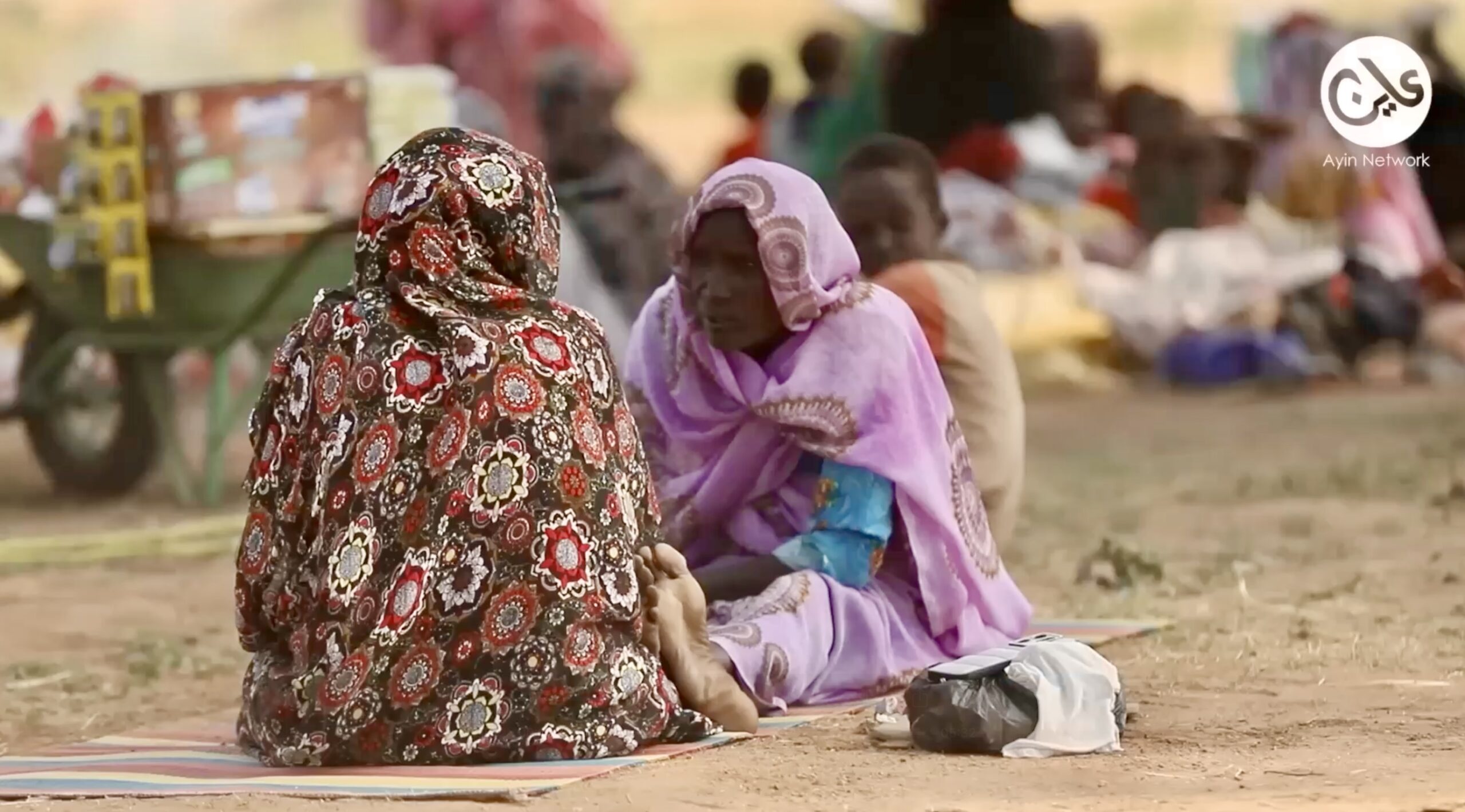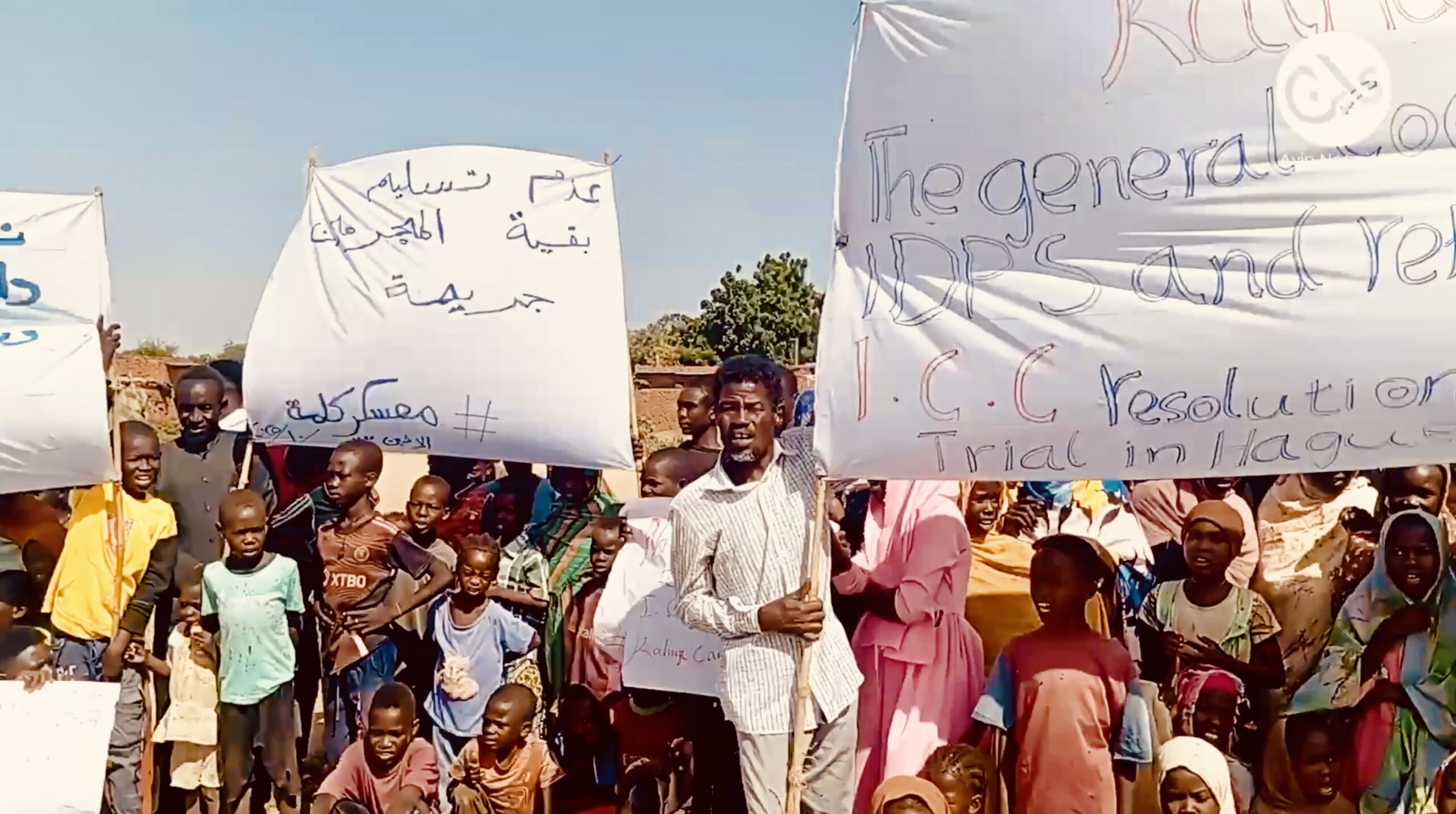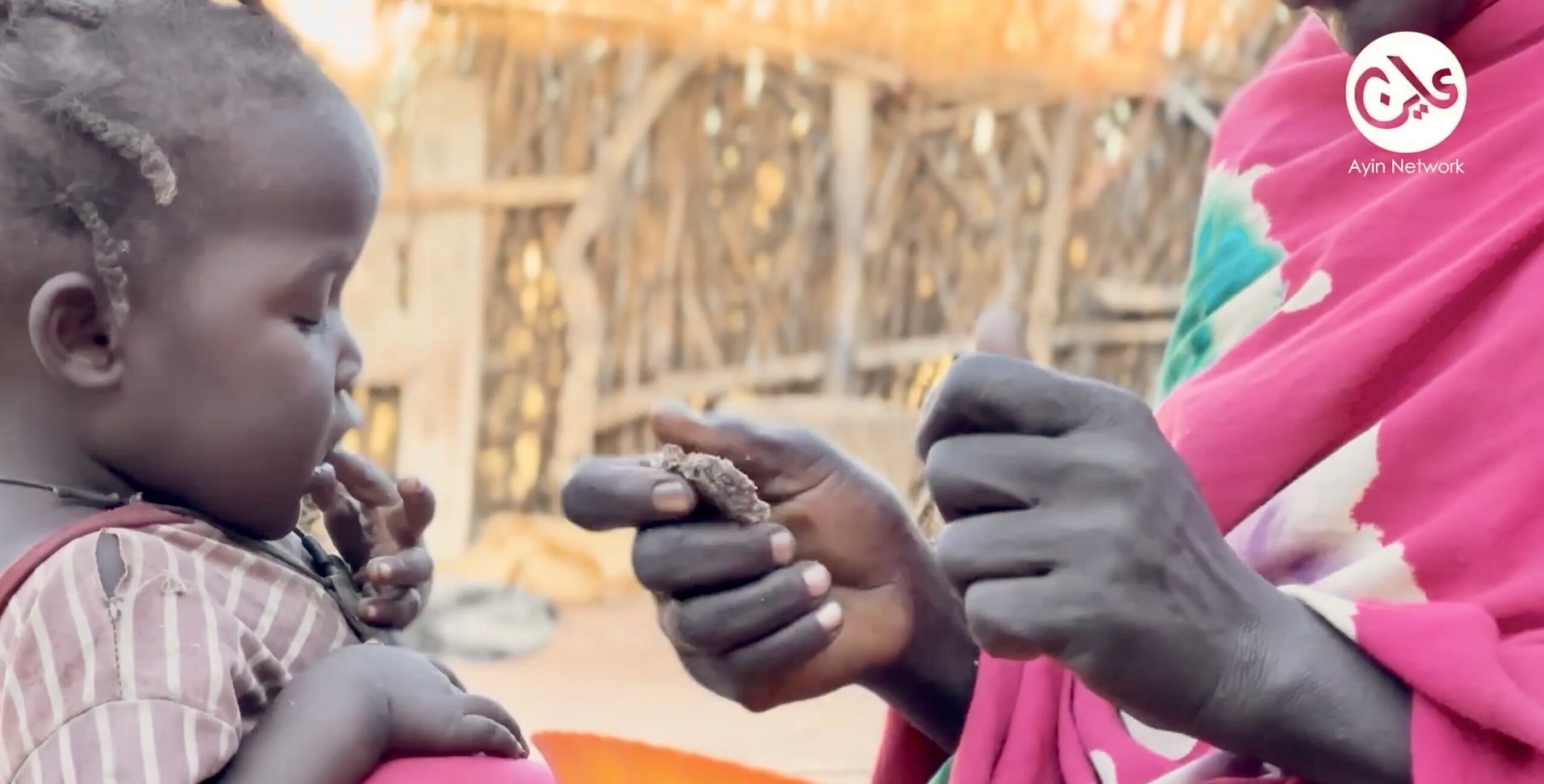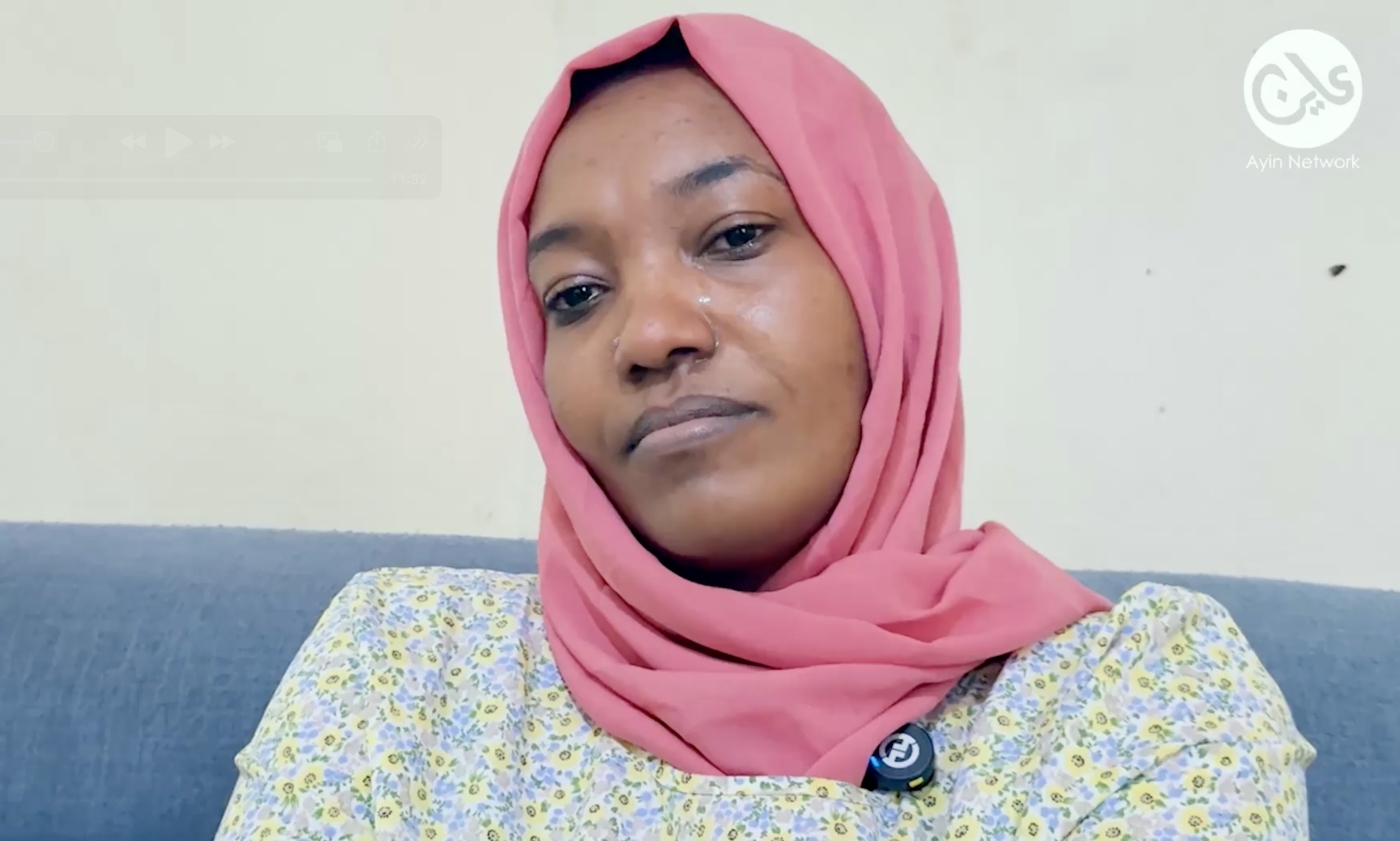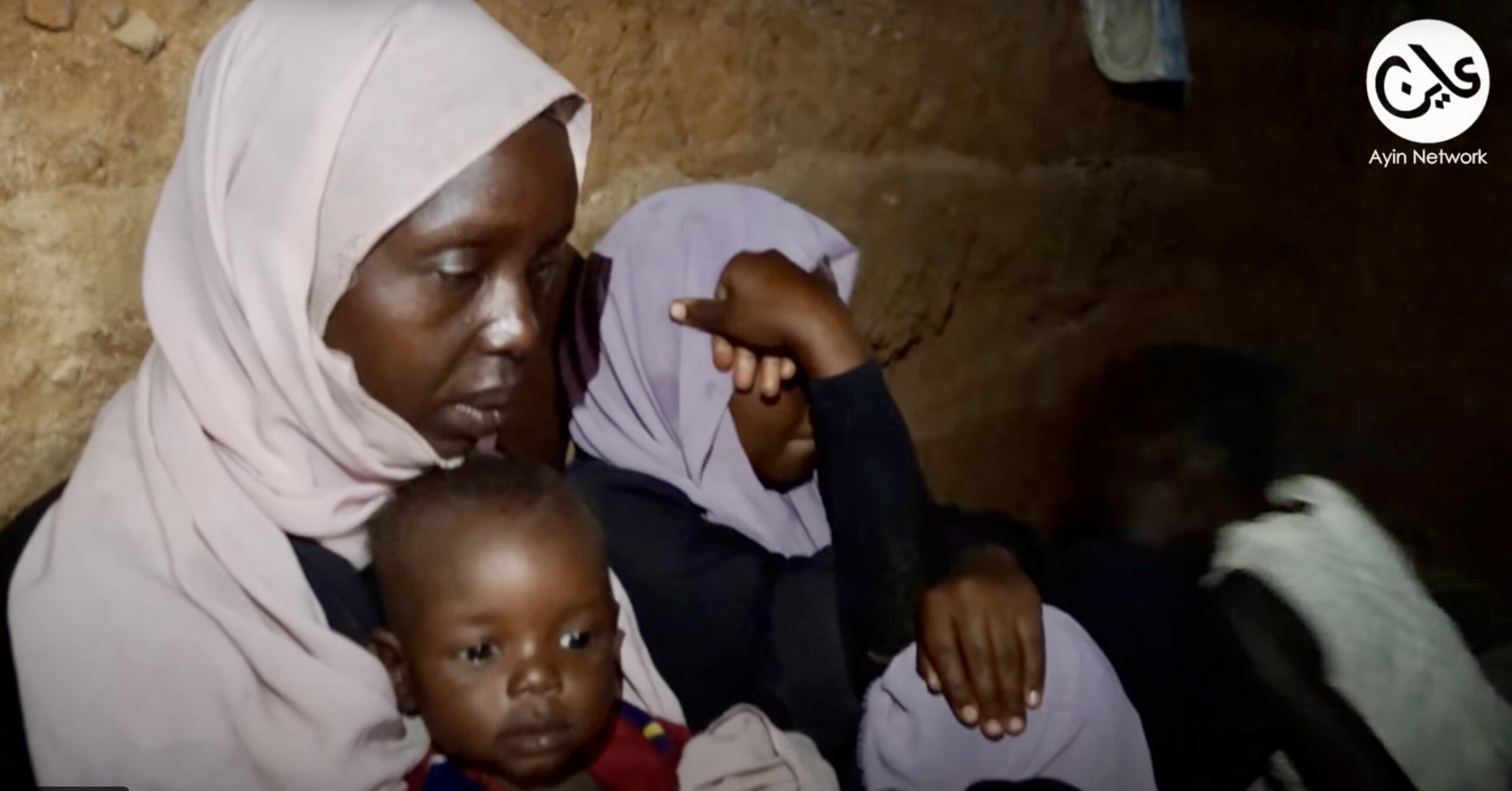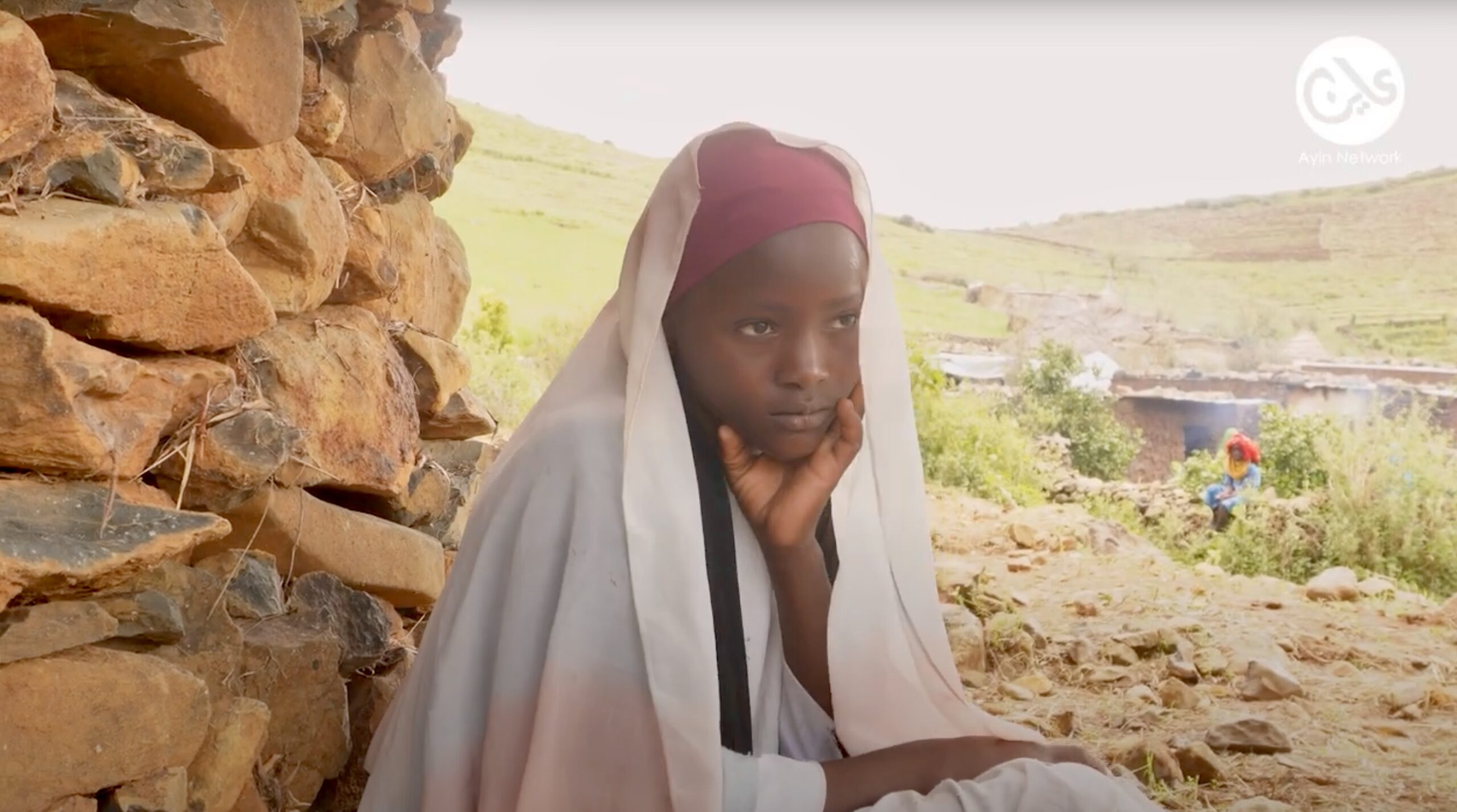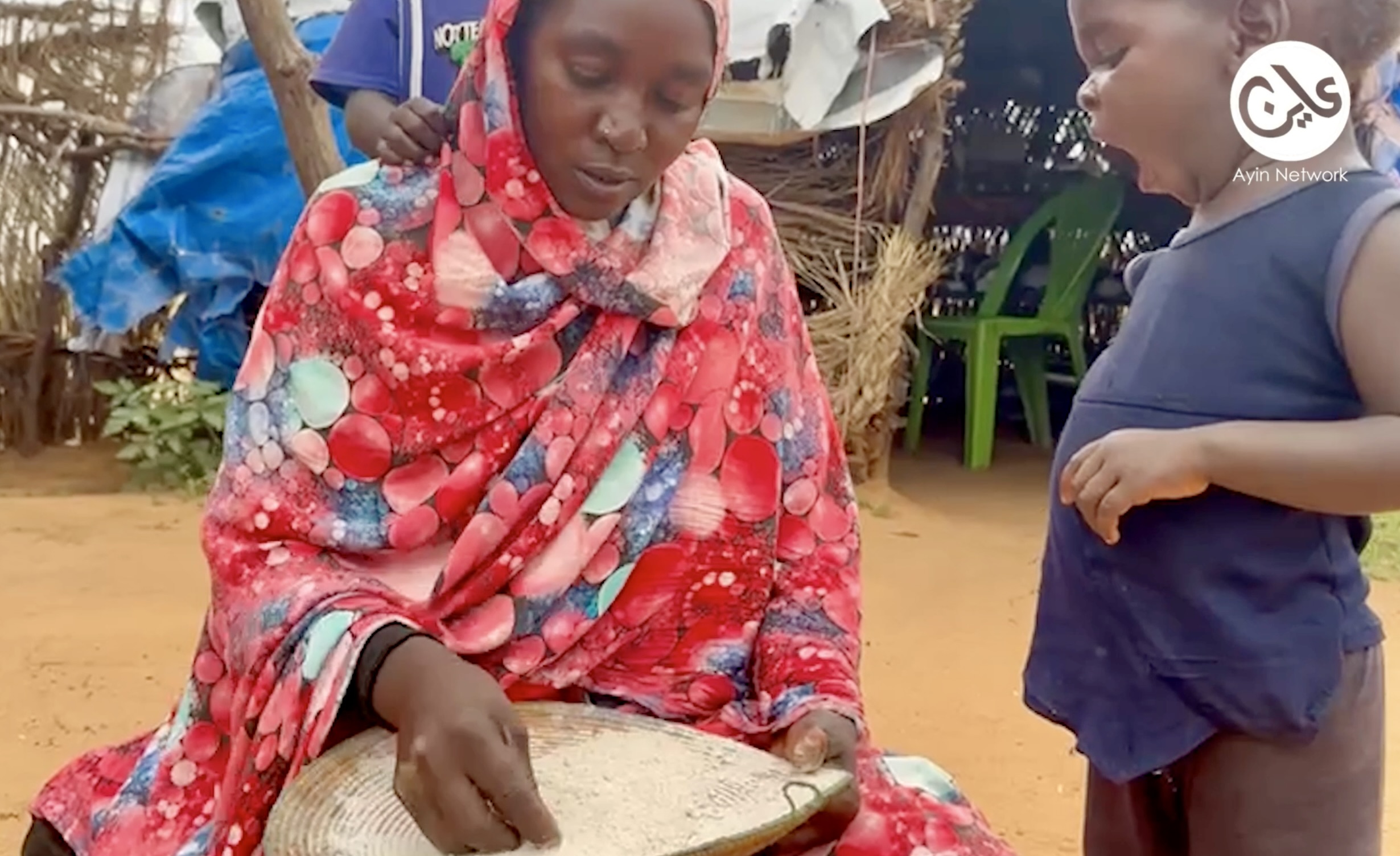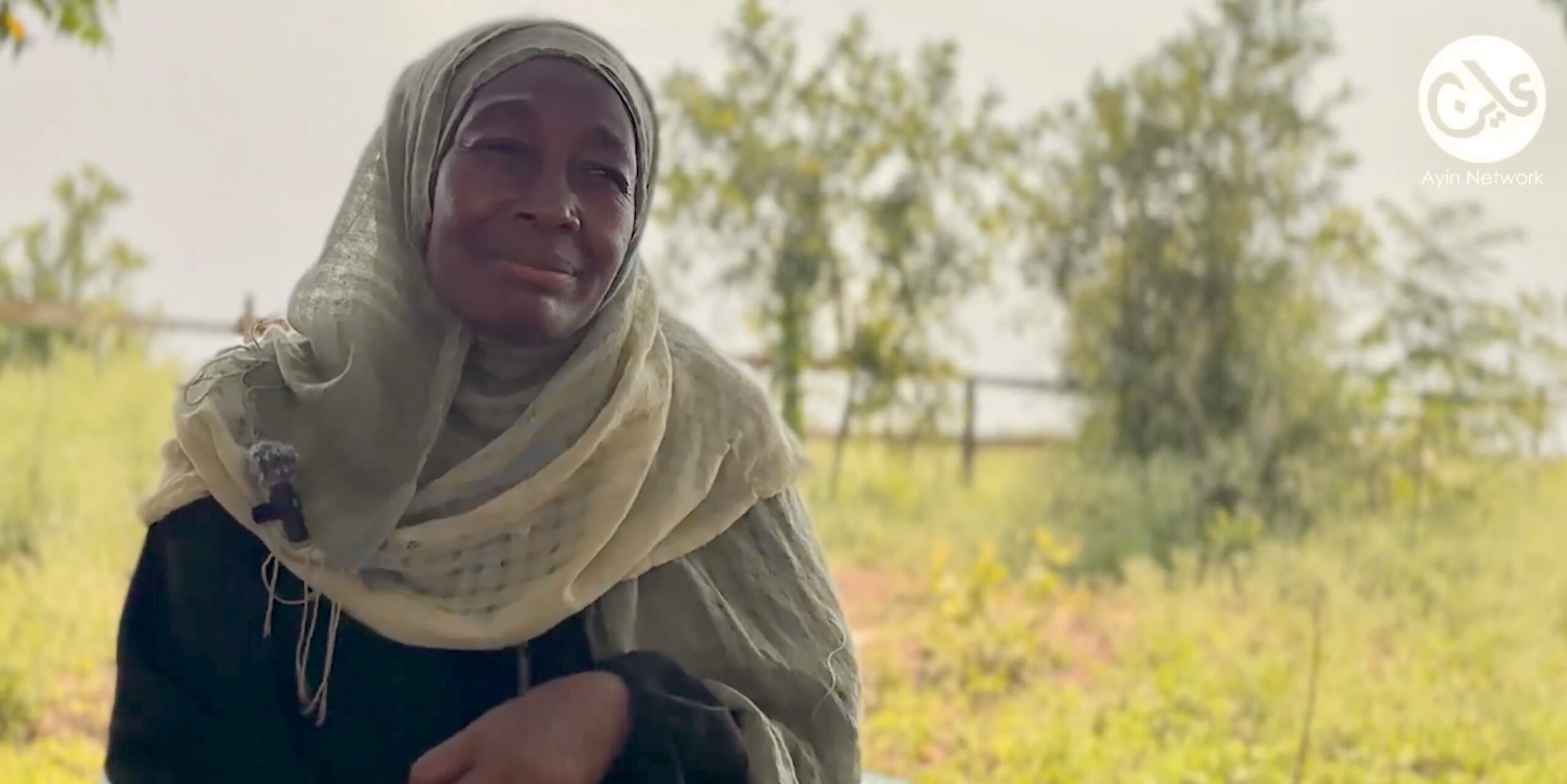Increasing insecurity: critical aid volunteers leave south Khartoum
18 March 2025
Ahmed* must move carefully around the southern area of Sudan’s capital, Khartoum, looking both ways before surreptitiously entering the door to their kitchen. Ever since the conflict intensified in the capital, Ahmed has faced serious security challenges and has considered fleeing the area.
After nearly three years of warfare, the army has made significant military gains in the capital against the paramilitary Rapid Support Forces, recapturing Khartoum Bahri, East Nile, and substantial areas of Omdurman. The Rapid Support Forces (RSF), however, continue to control prominent landmarks in the centre, as well as many eastern and southern neighbourhoods.
As the conflict intensifies in the capital, so too has the pressure against civilians and those who volunteer to help them.
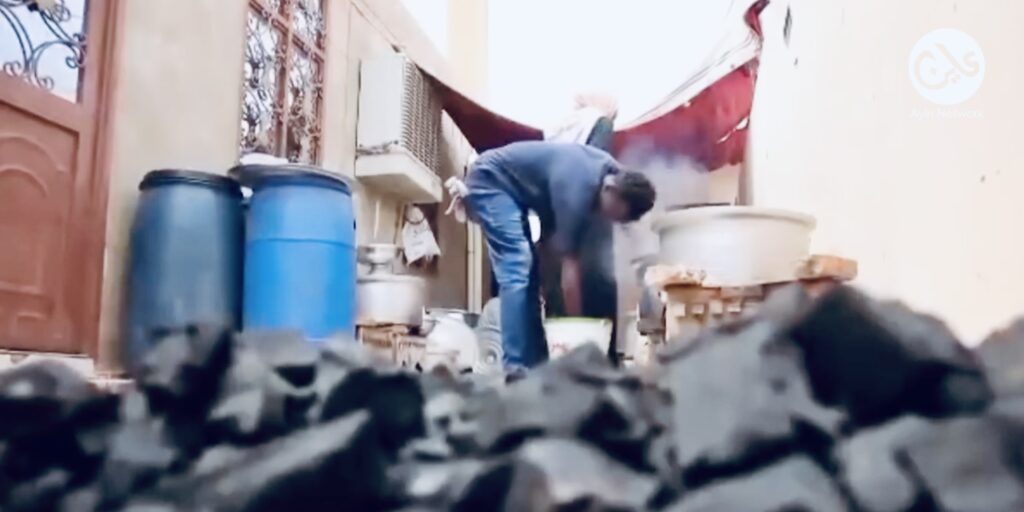
According to Ahmed, members of the South Belt Emergency Response Rooms, youth-driven voluntary efforts that support the war-affected, are targeted by both warring parties—and it is only getting worse. The Emergency Response Room (ERR) has increased the number of cooking points within each neighbourhood and maintains strict confidentiality of these locations to avoid being targeted. “It’s the only way we can continue to help people without armed groups robbing us, detaining us, or worse,” he told Ayin.
Since the outbreak of war in Sudan on April 15, 2023, Emergency Response Rooms (ERRs) have played a crucial role in addressing the humanitarian crisis in Khartoum. These volunteer-run initiatives have provided essential healthcare services, community kitchens, and offered shelter for the conflict-affected.
Volunteers like Ahmed work in areas south of Khartoum that are still under RSF control. At any time, Ahmed said, the RSF could loot the kitchen or detain staff and hold them for ransom. “In such dire conditions, you would think we would welcome the army’s advance,” he added. “But after hearing what has happened elsewhere, when the army seizes an area under RSF control, they accuse the volunteers of being RSF supporters. From there, we could face a worse fate.” Fearing both sides, many volunteers have left the area, Ahmed added, diminishing much-needed services for the conflict-affected even further.
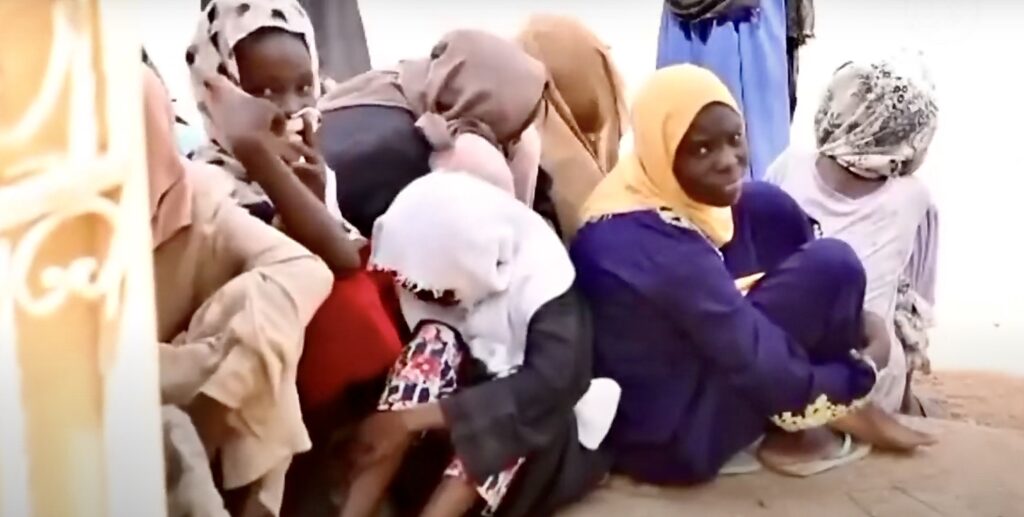
Targeting takayas
According to another volunteer in the South Belt Emergency Room who works with Ahmed in the community kitchens (“takayas”), as many as 80% of the volunteers have fled the area, fearing the heightened insecurity. “The Rapid Support Forces currently control the area, and we are seeing increasing threats through social media from parties that oppose volunteer work and the provision of humanitarian services to the population here,” the volunteer told Ayin. “They claim the area is an incubator for Rapid Support Forces.” With no security on the ground, the community kitchens are also prone to looting by random armed groups. According to the same sources, the “takayas” are often subject to looting sprees by groups popularly known as “Shafshafa.” This, while food prices continue to rise while food supplies dwindle.
On February 27, the South Belt ERR issued a statement highlighting the ongoing harassment against volunteers at the community kitchens. In a period of two weeks, unidentified assailants raided and ransacked seven homes of ERR members Earlier in March, Over two weeks, the homes of 12 ERR members linked to the community kitchens were raided and ransacked. This forced all community kitchens in the Mayo and Eid Hussein sectors to shut down, the statement said, directly impacting thousands of people in desperate need of food aid.
According to Ahmed Farougi, the spokesperson for the South Belt Emergency Response Room, the area they operate in is on the brink of famine as food supplies from outside have stopped while market prices have soared. The situation has been exasperated by the U.S. Agency for International Development (USAID) freezing its funding.
This decision has halted $340 million worth of global food shipments, including 30,000 tonnes of rice and lentils, which are now at risk of spoilage due to improper storage. Critical nutrition programs for malnourished children and epidemic disease control initiatives, such as those combating malaria and tuberculosis, have also been disrupted.
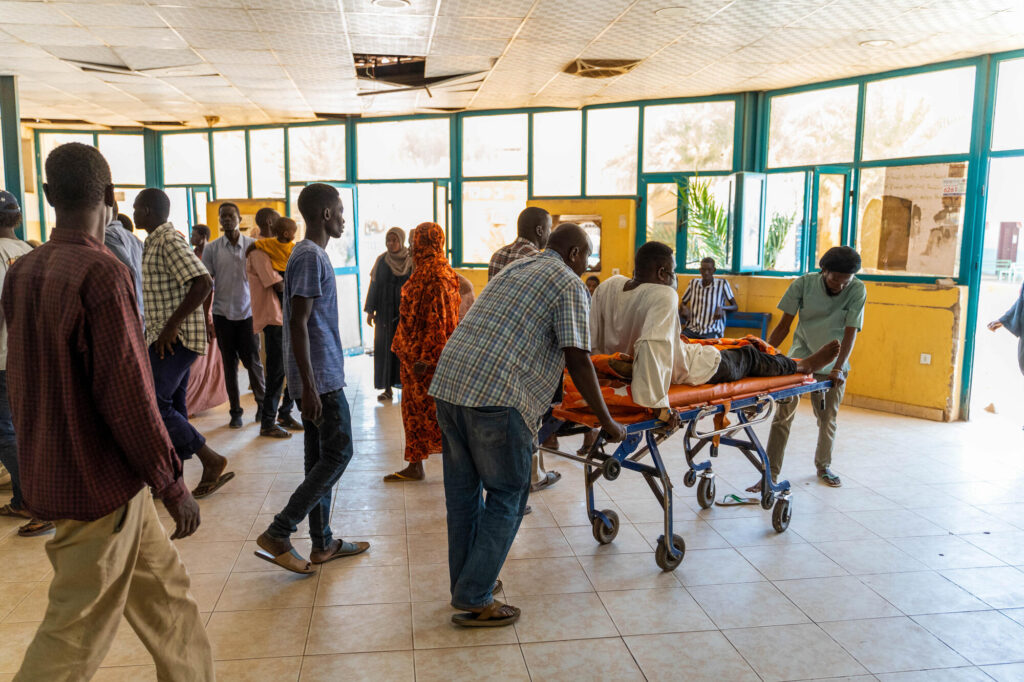
Bashaer Hospital
It is not only food supplies that are affected, Farougi says. The targeting of medical volunteers, including doctors, has severely curtailed critical medical operations in the area. Currently, the RSF are holding Hatem al-Daw, the administration manager at Bashaer Hospital, under fabricated charges and ransom demands, Farougi said. Bashaer Hospital is one of the few medical facilities still in operation within the capital and fully run by ERR volunteers.
Sources requesting anonymity indicated that al-Daw was initially held at the Islamic Call Complex before being transferred to an RSF camp at Sports City, where he was tortured. His current whereabouts are unknown, the same sources said. The arrest of Hatel al-Daw has led to the suspension of nearly all volunteer activities at Bashaer Hospital, effectively crippling emergency response efforts in the area.
Earlier this year in January, the medical charity Médecins Sans Frontières (MSF) announced the suspension of its medical activities at Bashaer Hospital. This decision followed a violent incident on 18 December 2024, when armed individuals fired weapons inside the hospital’s emergency ward, putting both patients and medical staff at serious risk.




